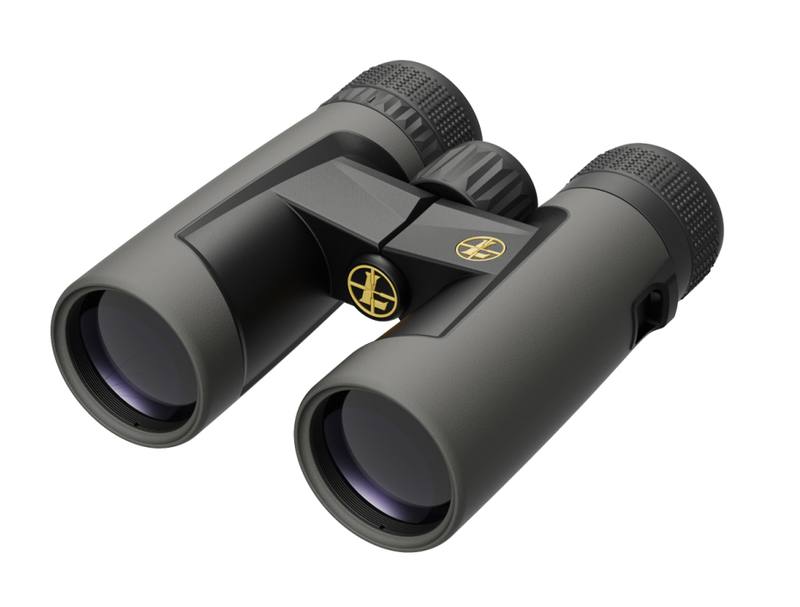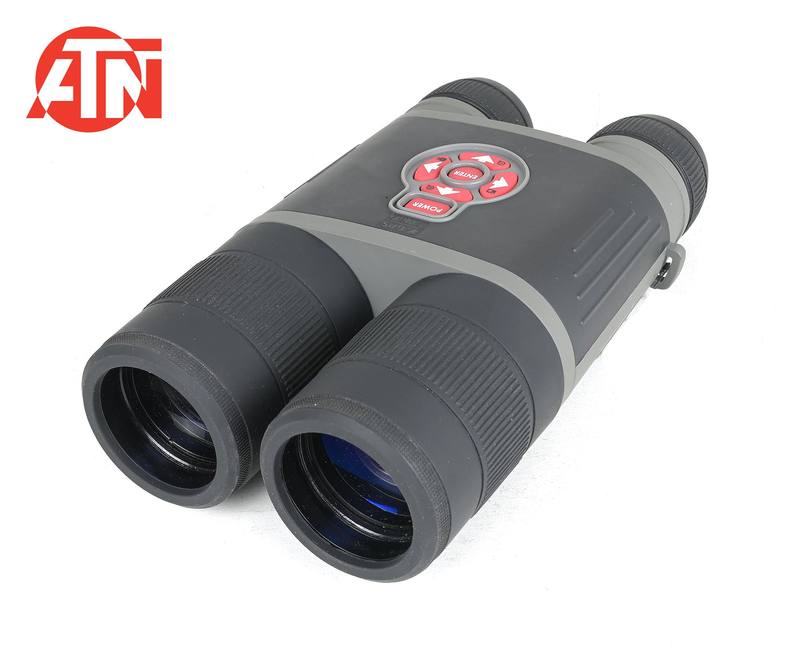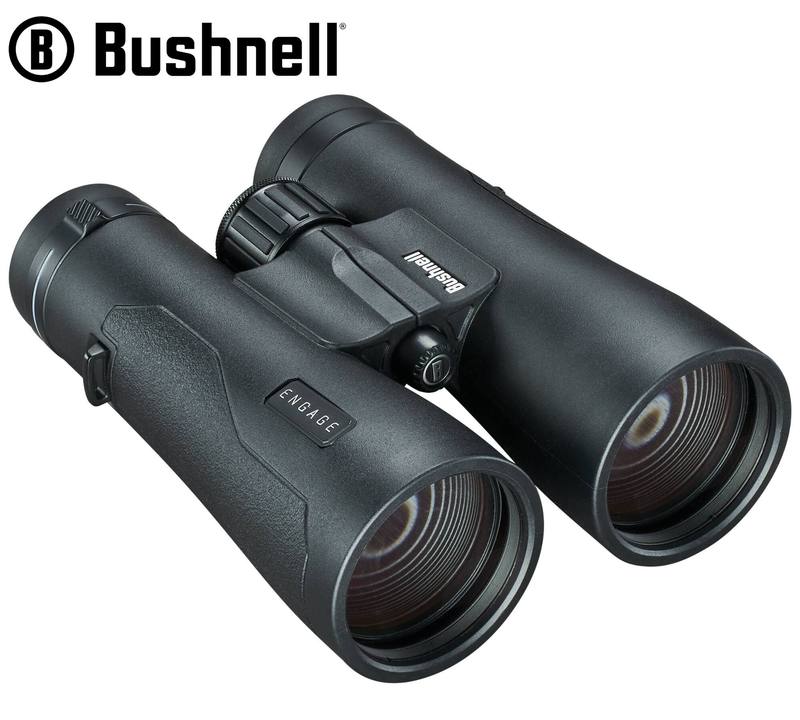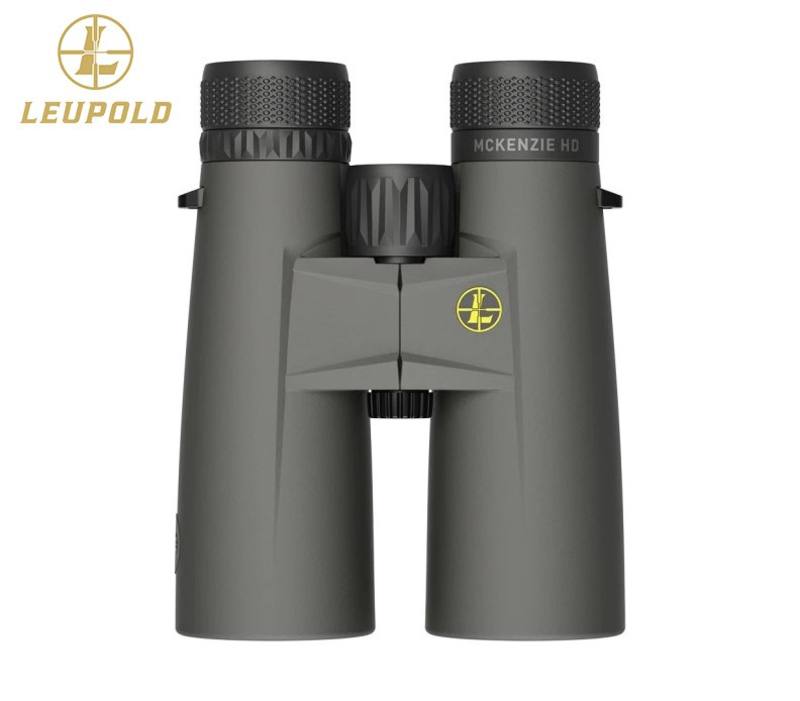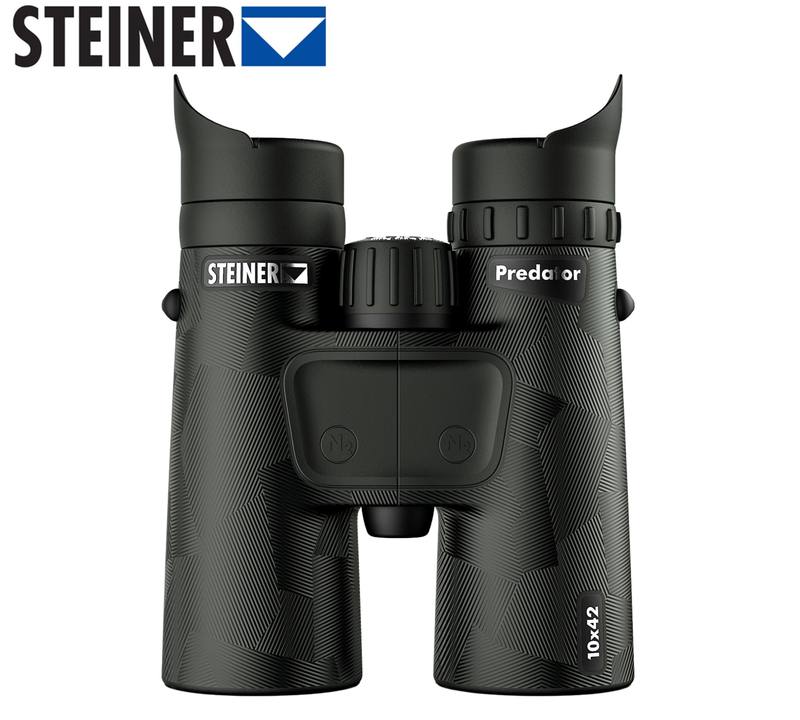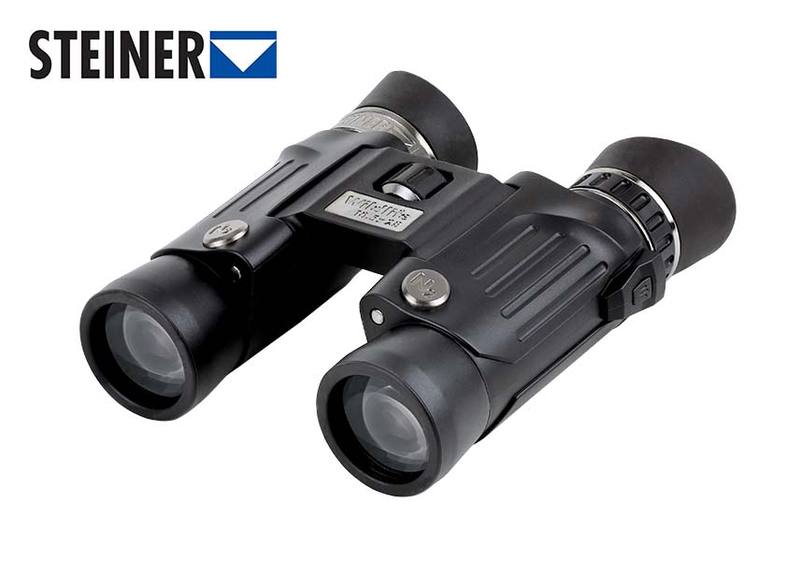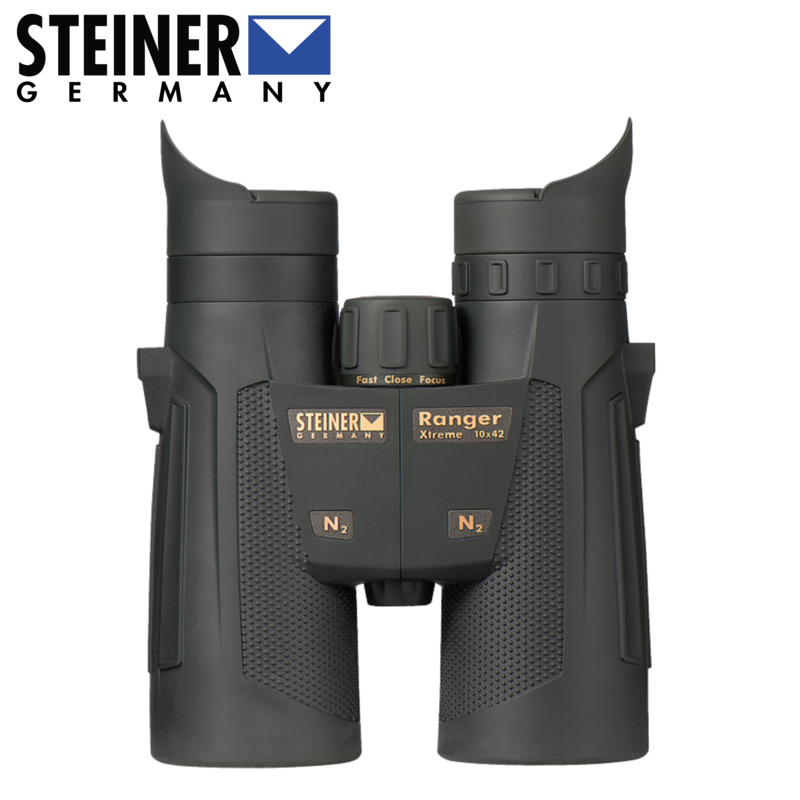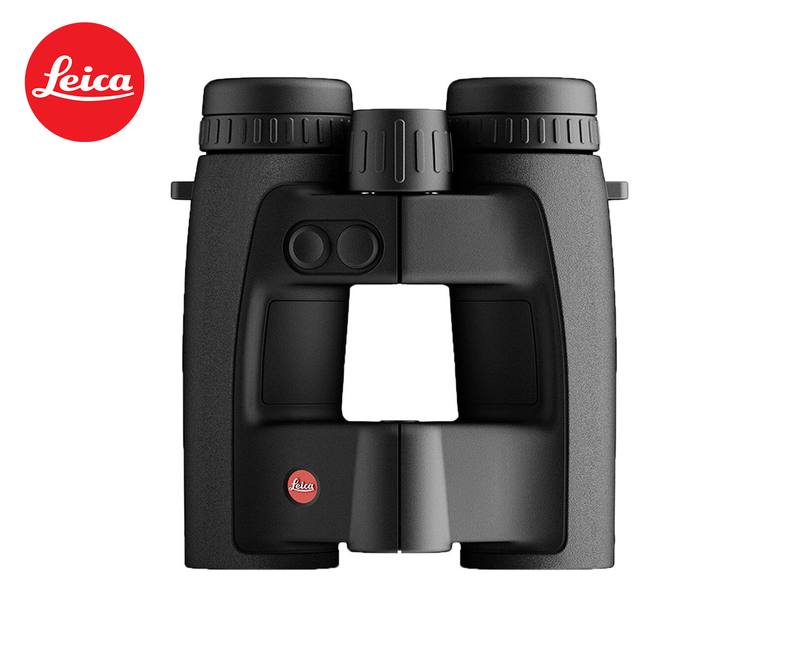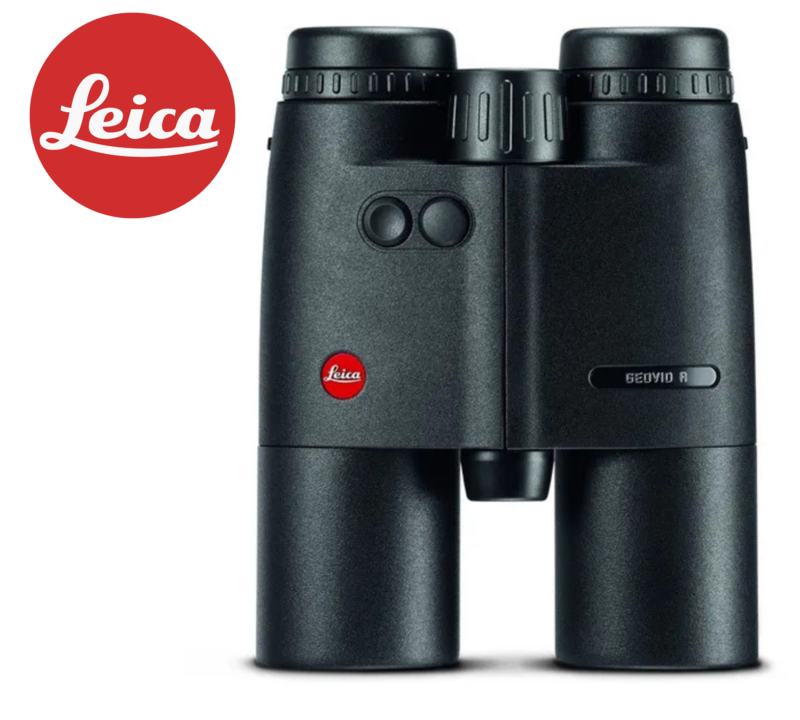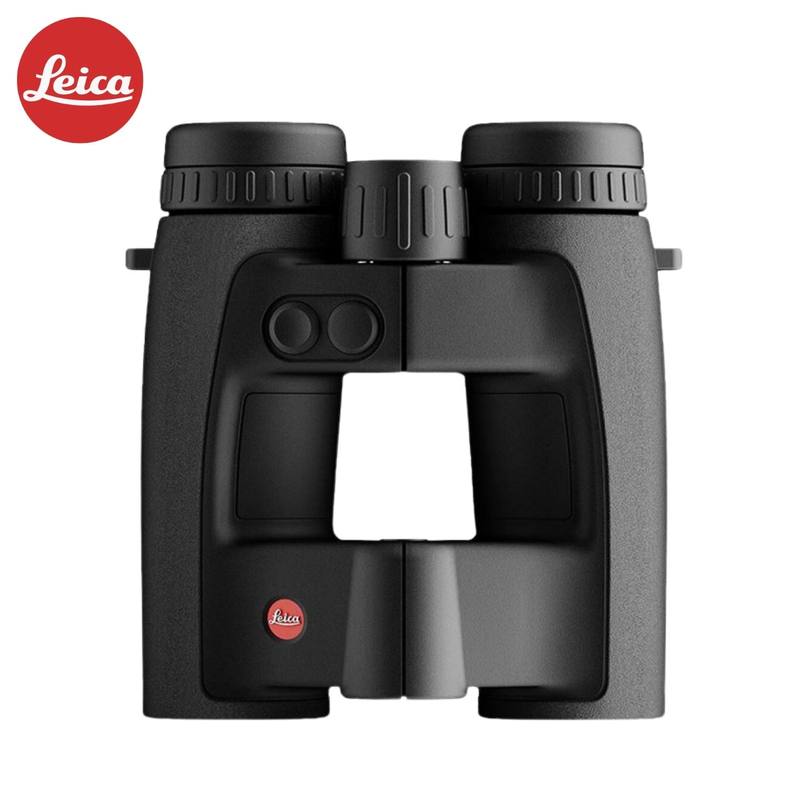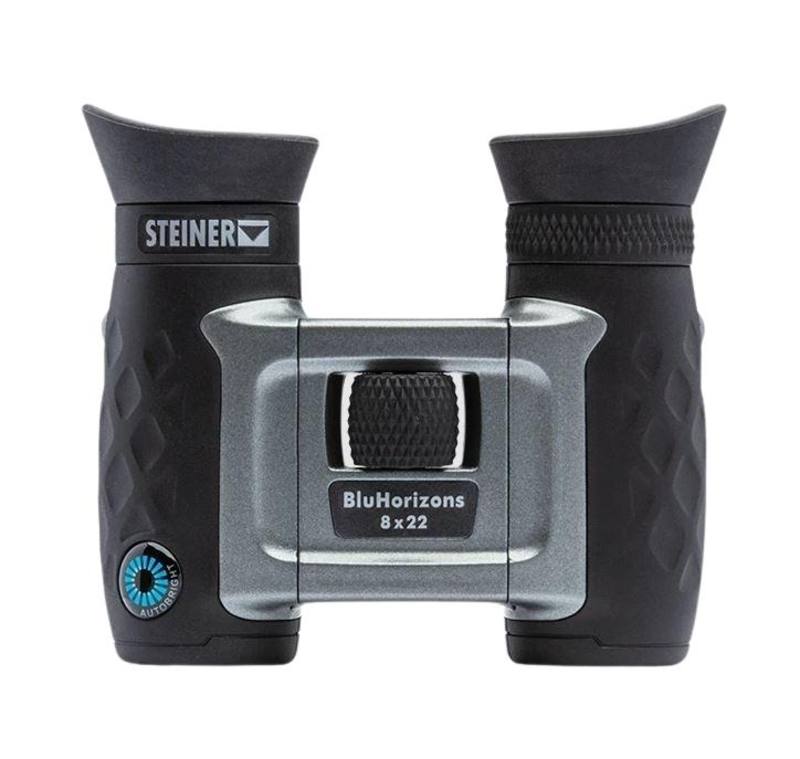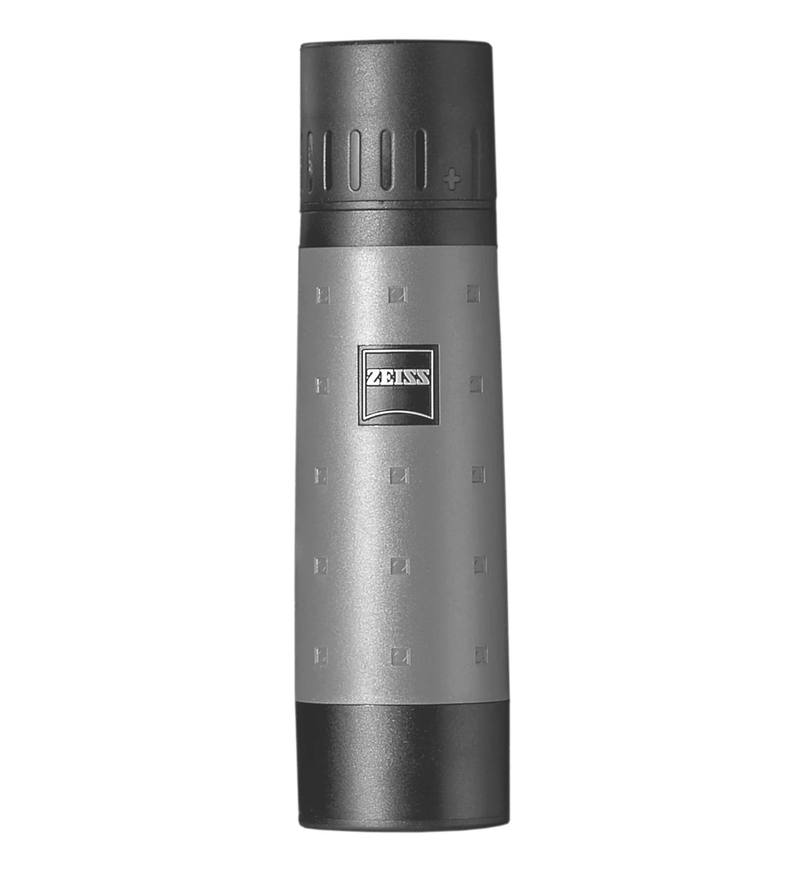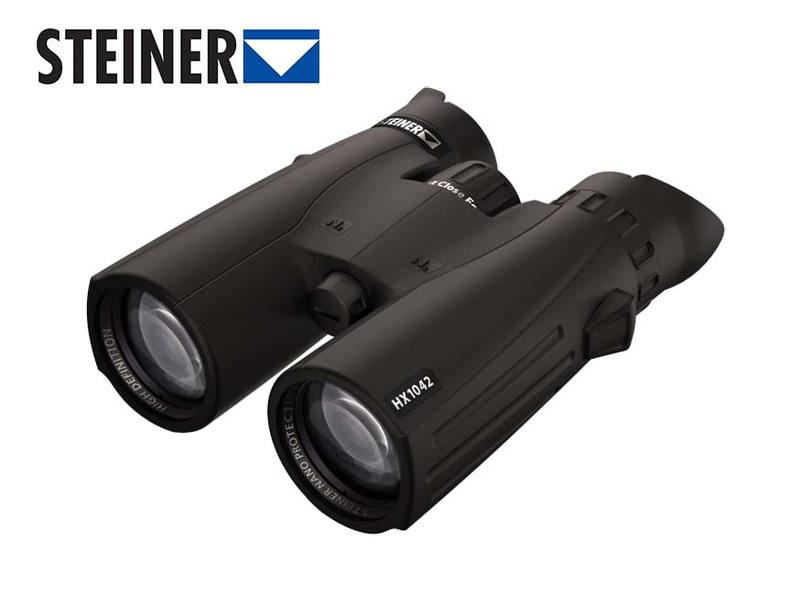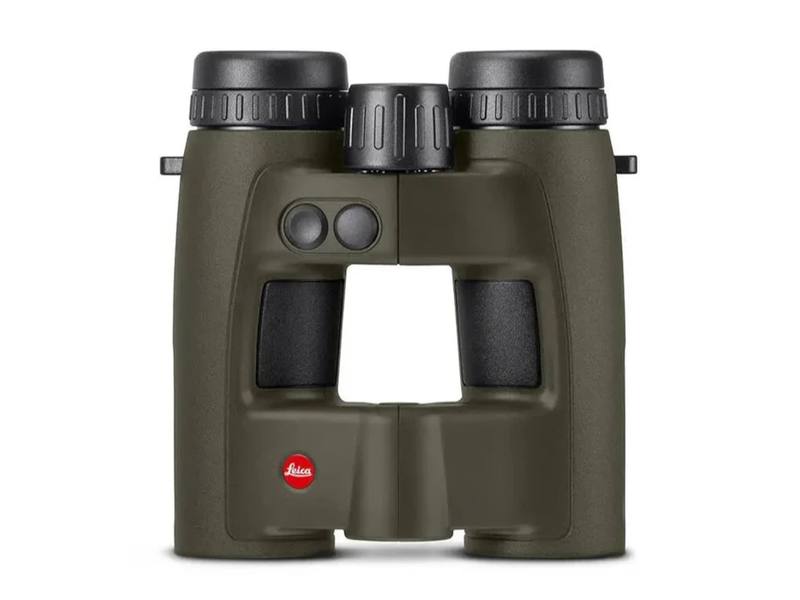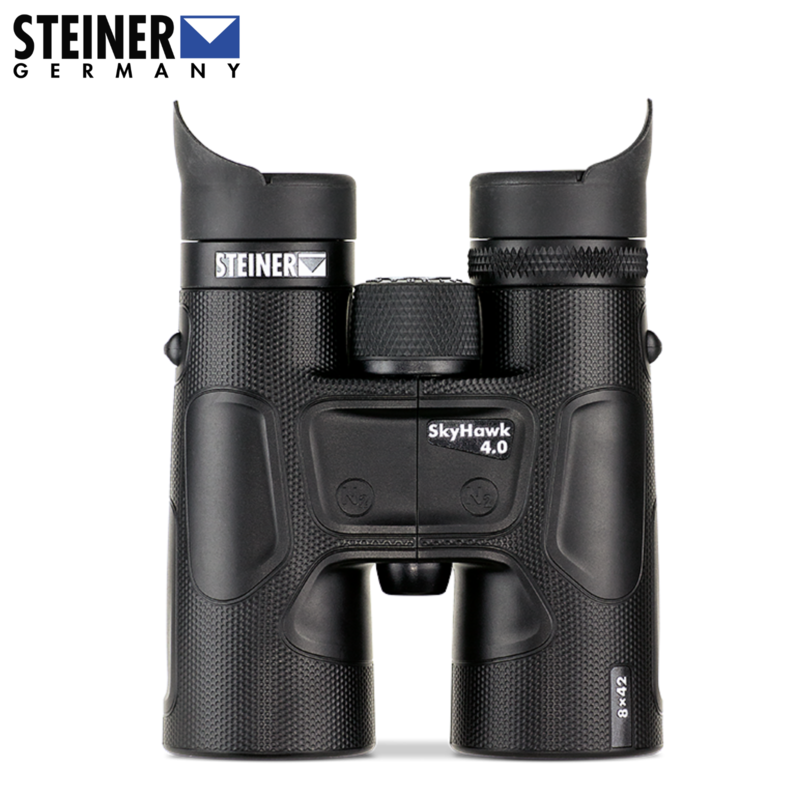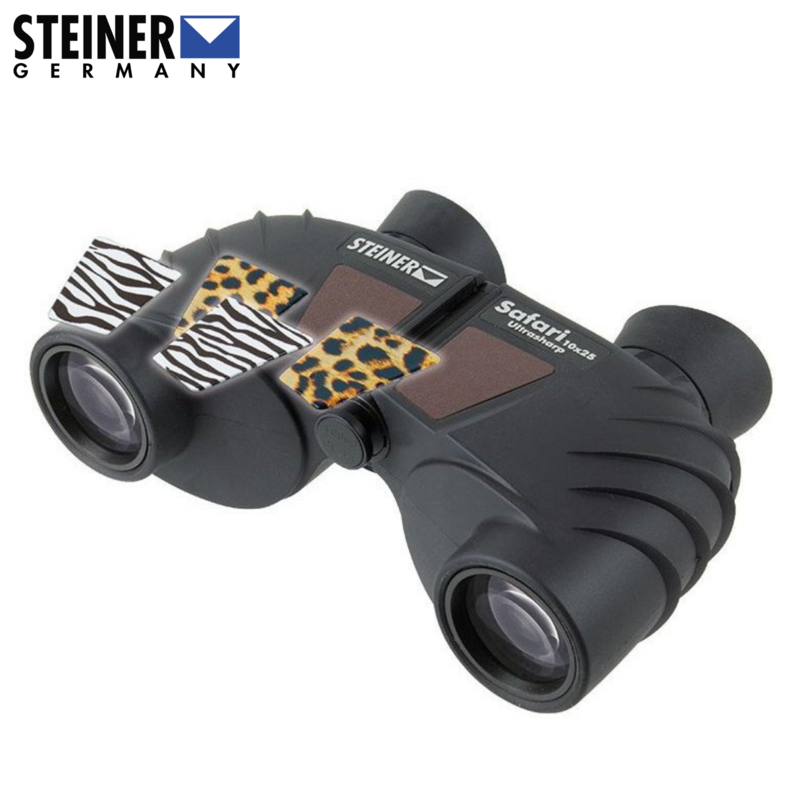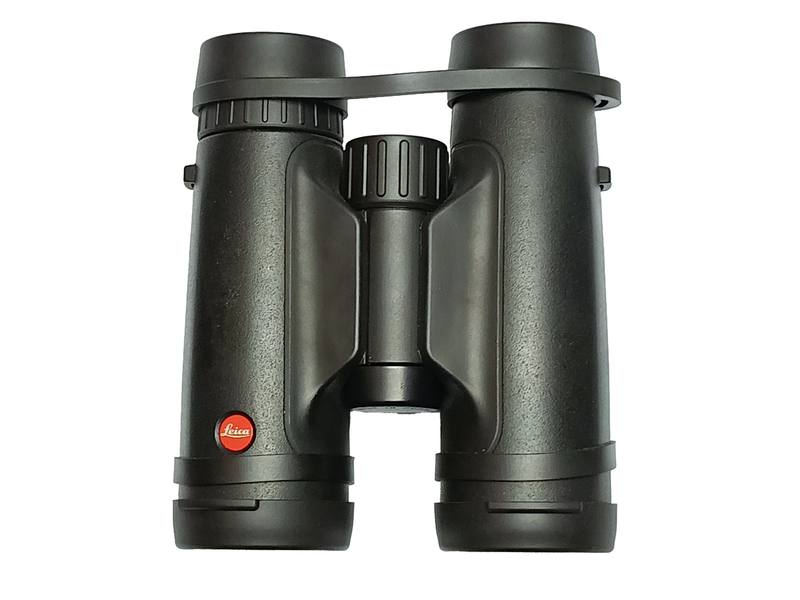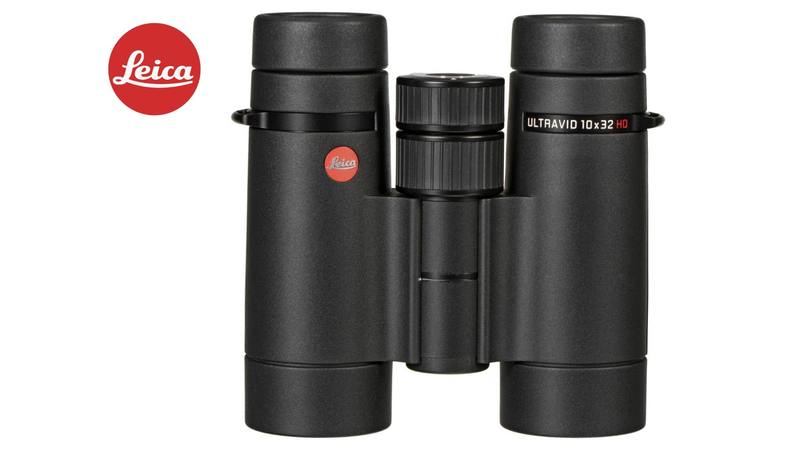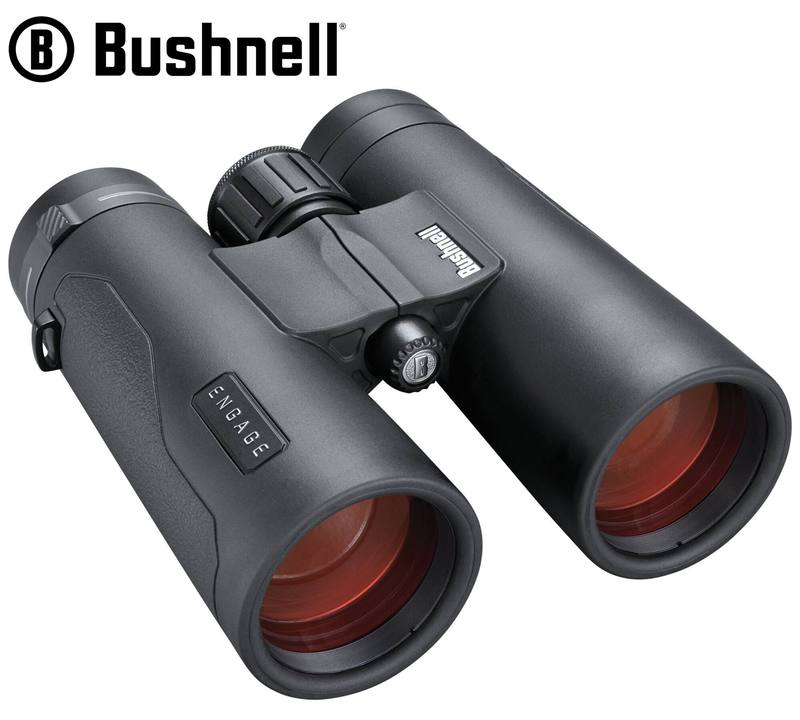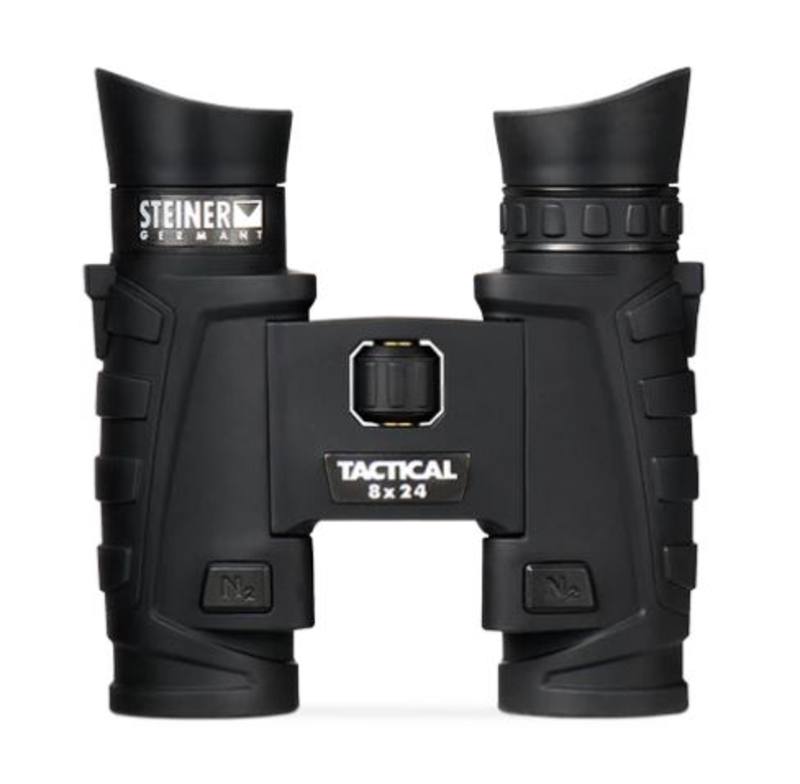When considering buying Binoculars, our visitors often ask:
1. What do the numbers on binoculars mean?
The numbers on binoculars indicate their magnification power and the size of the objective lens. For example, in the specification 8x42, or 8x32, or 8x30 for example. The "8x" means the binoculars provide 8 times magnification, and "42, 32 or 30" represents the diameter of the objective lens in millimeters.
2. How do I choose the right magnification for my needs?
Choosing the right magnification depends on your intended use. For outdoor activities like hunting or nature watching, a magnification between 8x and 10x is recommended. Higher magnifications provide more detailed views but may also result in a narrower field of view and increased image shake.
3. What is the difference between roof prism and porro prism binoculars?
Roof prism binoculars have a sleeker, more compact design, while porro prism binoculars typically offer better depth perception and image quality due to their wider separation of objective lenses. Both types have their advantages and are suitable for various activities, so the choice ultimately depends on personal preference and intended use.
4. Can I use binoculars with glasses?
Yes, most binoculars are designed to accommodate users who wear glasses. Look for binoculars with adjustable eyecups or long eye relief, which allows you to maintain a comfortable distance between your eyes and the eyepieces while wearing glasses.
5. What is the best objective lens size for my activities?
The best objective lens size depends on factors such as desired brightness, portability, and intended use. Larger objective lenses (e.g., 42mm) gather more light and provide brighter images, making them ideal for low-light conditions. However, they also add weight and bulk to the binoculars, whereas smaller objective lenses (e.g., 32mm) offer a more compact and lightweight design suitable for daytime use.
6. Are waterproof and fog-proof binoculars worth the investment?
Waterproof and fog-proof binoculars are beneficial for hunters and outdoor enthusiasts alike who frequently encounter challenging weather conditions. These features prevent moisture from entering the binoculars, ensuring clear views even in rainy or humid environments and preventing internal fogging caused by sudden temperature changes.
7. How do I properly clean and maintain my binoculars?
To maintain optimal performance, clean your binoculars regularly using a soft brush or lens cloth to remove dust and debris. Avoid using harsh chemicals or abrasive materials that could damage the lenses or coatings. Store your binoculars in a protective bino case when not in use, and avoid exposing them to extreme temperatures or moisture to prolong their lifespan.
Want to discover more from our Binoculars guide? Read more here >
Need more help?
We invite you to visit one of our nationwide stores and our friendly staff will assist you, call us or use our online chat to discuss your specific Binocular requirements today.
Explore our full selection of Binoculars online now.
Selection of our Best Binoculars
RRP

